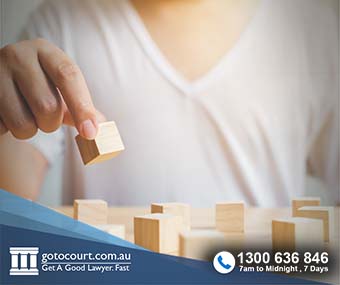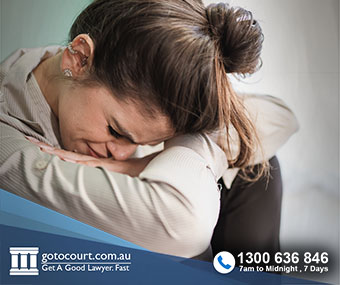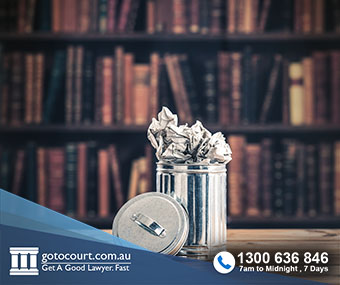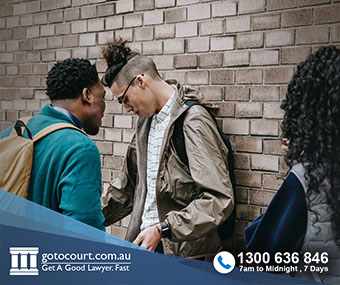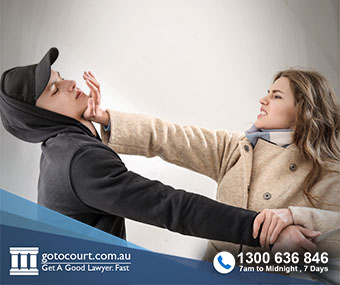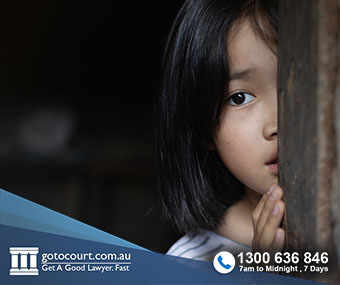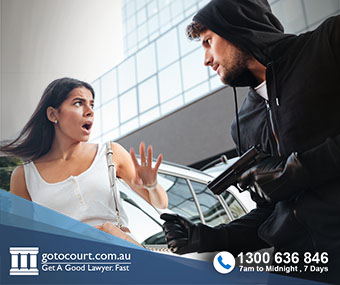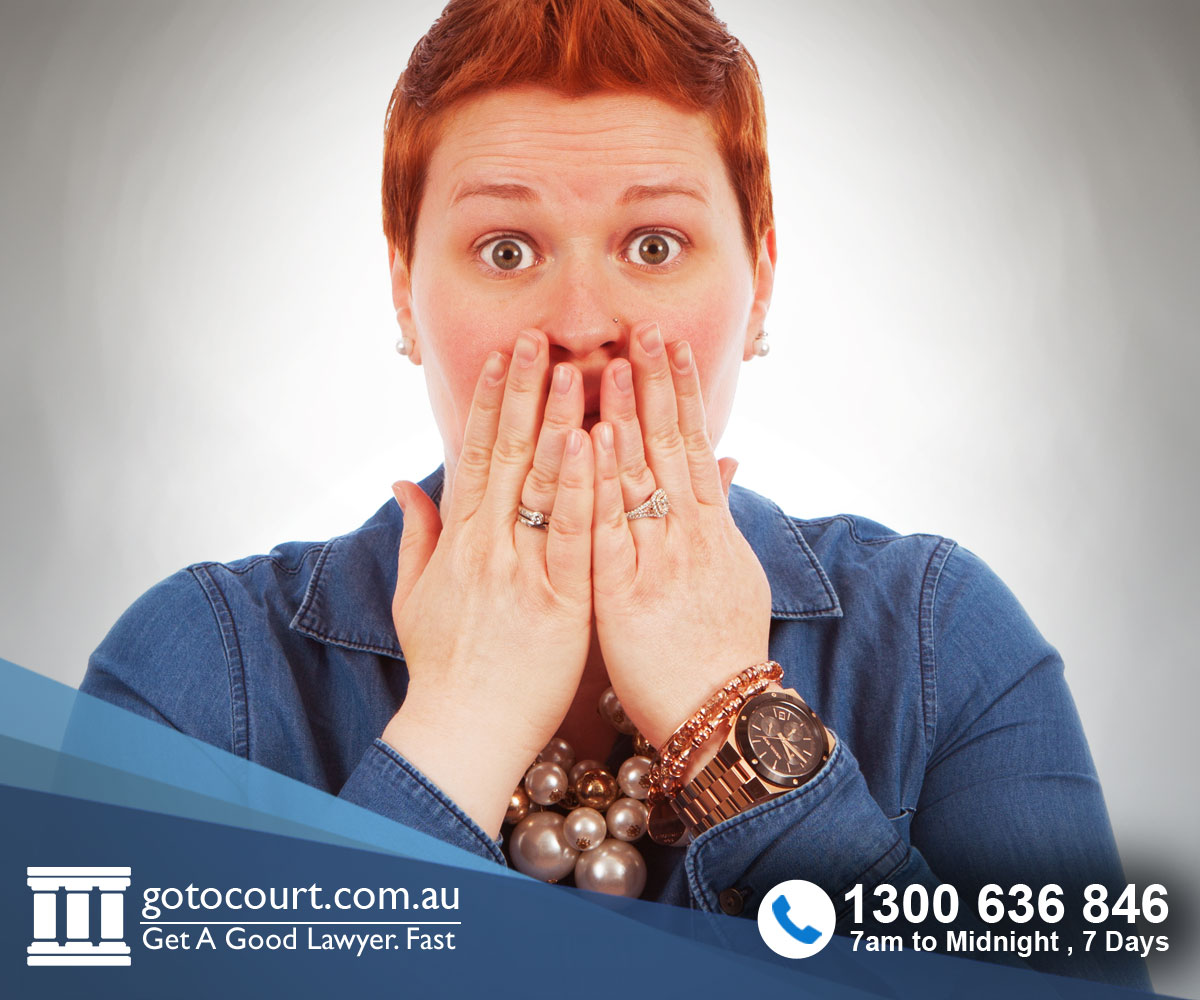Call our lawyers
now
or,
have our lawyers
call you
The Defence of Minimum Age of Criminal Responsibility (Qld)
Updated on Aug 02, 2023 • 5 min read • 605 views • Copy Link
The Defence of Minimum Age of Criminal Responsibility (Qld)
The minimum age of criminal responsibility is the age at which young persons can be arrested for, charged with and found guilty of a criminal offence. In Queensland the minimum age of criminal responsibility is currently 10 (Queensland Criminal Code Act 1899, Section 29). However, the Queensland government has given its ‘in principle’ support to raising the age of criminal responsibility to 12. This page deals with the defence of immature age in Queensland.
What if a child under 10 does something bad?
When a child under 10 does something bad, it is not regarded as an offence. This is because children under 10 are considered too young to be held responsible for their actions in the way that older people are.
If a child under 10 commits an act of violence, steals something or does some other action that would be an offence if done by an older person, this is generally dealt with by way of punishment by parents or teachers, or by the provision of counselling to the child in order to teach the child appropriate behaviour.
What if a child under 14 commits an offence?
Under the Queensland Criminal Code Act 1899, a child under 14 is not criminally responsible for an act, unless it is proved that he or she had the capacity to know that the act was ‘wrong.’ This means that while children over ten can be held criminally responsible for their actions, the law recognises that many children between the ages of 10 and 14 lack the maturity to understand the difference between right and wrong and should not be held responsible. If a child between the ages of 10 and 14 is charged with an offence, but the prosecution cannot convince the court that they had capacity, they will be found not guilty based on ‘immature age.’
If a child over 10 is found to have had the capacity to know they ought not to have done the criminal act, they will be found guilty and sentenced as a juvenile.
How are juvenile offenders dealt with?
Offenders under the age of 18 are dealt with by the Children’s Court in Queensland. The Children’s Court has the power to impose a range of sentences including a period of youth detention. When the Children’s Court is sentencing an offender, it is required to deliver a sentence that focuses on rehabilitation as a higher priority than other sentencing principles such as deterrence. The Children’s Court is governed by the Youth Justice Act 1992.
Arguments for raising the age of criminal responsibility
The 2016 revelations of human rights abuses in the Northern Territory’s Don Dale Detention Centre focused public attention on youth justice in Australia. The minimum age of criminal responsibility in Australia is low compared with the international average, which is 14. The criminalisation of children at an early age, and the resulting incarceration of children as young as 10, is felt by many to lead to poor outcomes for young people who come into contact with the criminal justice system. In 2023, the NT raised its age of criminal liability to 12.
A recent report by Queensland Family and Child Commission recommended that the age should be higher, suggesting children under 12 are not mature enough to be held criminally responsible and that criminalising children of this age further victimises underprivileged children.
In Queensland, Aboriginal and Torres Strait Islander children are grossly over-represented in youth detention, as are young people who are poor, homeless, mentally ill or in out-of-home care. A low minimum age of criminal responsibility can compound existing social and economic disadvantage.
Adolescence is a period of significant brain development, which experts consider to be a period of both risk and opportunity. Positive experiences during adolescence lead to young people thriving while negative experiences lead to them suffering. Premature criminal punishment can therefore be counterproductive as it can inhibit the ability of young people to develop into functional members of society. There is a very high rate of recidivism among offenders first charged with an offence while below the age of 14.
The criminal justice system is widely felt not to address the needs of young people and to harm children’s long-term prospects.
The Queensland Family and Child Commission recommends raising the minimum age of criminal responsibility to 12 or alternately legislating so that children under 12 cannot be sentenced to youth detention.
Arguments for retaining a low age of criminal responsibility
Opponents of raising the age argue that serious offences are committed by young people and that a ‘hard line’ approach should be taken to youth crime.
Supporters of the current age of criminal responsibility argue that raising the age would lead to older children using younger children to carry out offences because of a perception that they can ‘get away with it’.
If you need legal advice or assistance please contact Go To Court Lawyers.

Affordable Lawyers
Our Go To Court Lawyers will assist you in all areas of law. We specialise in providing legal advice urgently – at the time when you need it most. If you need a lawyer right now, today, we can help you – no matter where you are in Australia.How It Works







1. You speak directly to a lawyer
When you call the Go To Court Legal Hotline, you will be connected directly to a lawyer, every time.


2. Get your legal situation assessed
We determine the best way forward in your legal matter, free of charge. If you want to go ahead and book a face-to-face appointment, we will connect you with a specialist in your local area.


3. We arrange everything as needed
If you want to go ahead and book a fact-to-face appointment, we will connect you with a specialist in your local area no matter where you are and even at very short notice.


